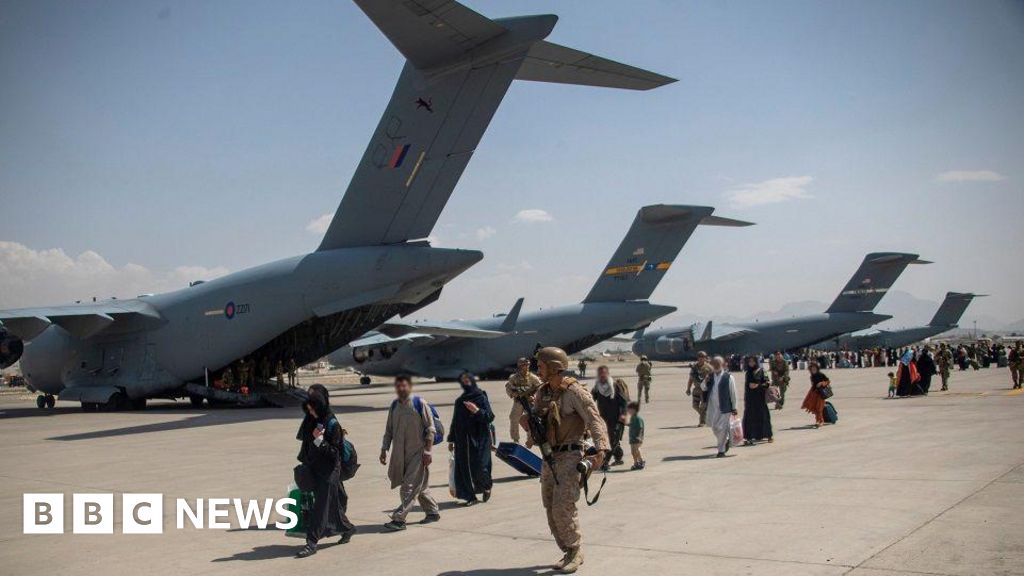The Ministry of Defence initially revealed that a dataset comprising details of nearly 19,000 applicants for relocation was improperly shared by a defence official in February 2022. This breach, discovered in August 2023 when sensitive information started appearing on social media, prompted immediate action from the government, resulting in the establishment of a secret resettlement initiative known as the Afghan Response Route in April 2024.
Thus far, approximately 4,500 Afghans have been successfully relocated to the UK under this scheme, which reportedly has already incurred costs of around £400 million, with future projections suggesting an additional £400 million to £450 million in expenses. The UK's Ministry of Defence (MoD) confirmed that the leak involved personal identifiers such as names and family details, puting many Afghan applicants at risk from the Taliban.
In a session in the House of Commons, Defence Secretary John Healey admitted that even he had limitations on discussing the leaked information due to an "unprecedented" injunction that has now been lifted following a ruling by the High Court. The leak has been characterized as a "serious departmental error," with the MoD indicating that the compromised data related to individuals who had applied for the Afghan Relocations and Assistance Policy (Arap) scheme, introduced to expedite their relocation amidst growing threats following the US troop withdrawal in August 2021.
Arap's handling has drawn considerable criticism over the years, being described in a 2022 inquiry as a “disaster” that amounted to a "betrayal" of those in need. The judge who lifted the injunction argued that the previous restrictions had severely hampered democratic accountability, creating what he termed a "scrutiny vacuum.” As the story develops, updates will continue to clarify the impact and ongoing costs of the Afghan relocation program.
Thus far, approximately 4,500 Afghans have been successfully relocated to the UK under this scheme, which reportedly has already incurred costs of around £400 million, with future projections suggesting an additional £400 million to £450 million in expenses. The UK's Ministry of Defence (MoD) confirmed that the leak involved personal identifiers such as names and family details, puting many Afghan applicants at risk from the Taliban.
In a session in the House of Commons, Defence Secretary John Healey admitted that even he had limitations on discussing the leaked information due to an "unprecedented" injunction that has now been lifted following a ruling by the High Court. The leak has been characterized as a "serious departmental error," with the MoD indicating that the compromised data related to individuals who had applied for the Afghan Relocations and Assistance Policy (Arap) scheme, introduced to expedite their relocation amidst growing threats following the US troop withdrawal in August 2021.
Arap's handling has drawn considerable criticism over the years, being described in a 2022 inquiry as a “disaster” that amounted to a "betrayal" of those in need. The judge who lifted the injunction argued that the previous restrictions had severely hampered democratic accountability, creating what he termed a "scrutiny vacuum.” As the story develops, updates will continue to clarify the impact and ongoing costs of the Afghan relocation program.





















